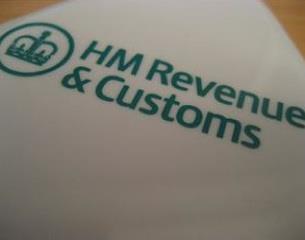HMRC is in the midst of a change management strategy fuelled by staff who were left feeling unengaged and lacking a vision of where the organisation was heading following its creation.

HMRC was created out of a merger between Customs and Excise and the Inland Revenue in 2005 when the organisation had 96,000 fulltime employees, compared with less than 60,000 staff as at July 2014.
The change management strategy is aligned to the employer’s new digital strategy, which requires the workforce to possess new skill sets.
Speaking at Employee Benefits Live 2014 in a presentation entitled ‘Reward’s roles in developing future leaders’, Judy Greevy, deputy director engagement and diversity at HMRC, said: “A real challenge we have, like a lot of organisations, is really making it possible for people to feel that they actually have a voice in the organisation and that people are listening to them.
“We’re going through this whole big change and we’re going to need a lot more skills and different ways of operating, so what we need to do to help people get through this is to make them feel more empowered in terms of what they do in their job, and to enable them to identify ways that things can be done better.”
She said developmental support to enable staff to build new skill sets for the future was key.
HMRC has introduced a minimum of five days’ training per year per employee in the last two years, the importance of which needs to be commmunicated to line managers so they support team members to use them. said Greavy.
“Key to this is relating these days to where we’re going as an organisation in the future,” she added.
HMRC is also looking at how best to use its employee data to enable the organisation to take a more data-led approach to its reward management strategy, which it hopes will help it to more closely align its reward offering to staff expectations and needs.











